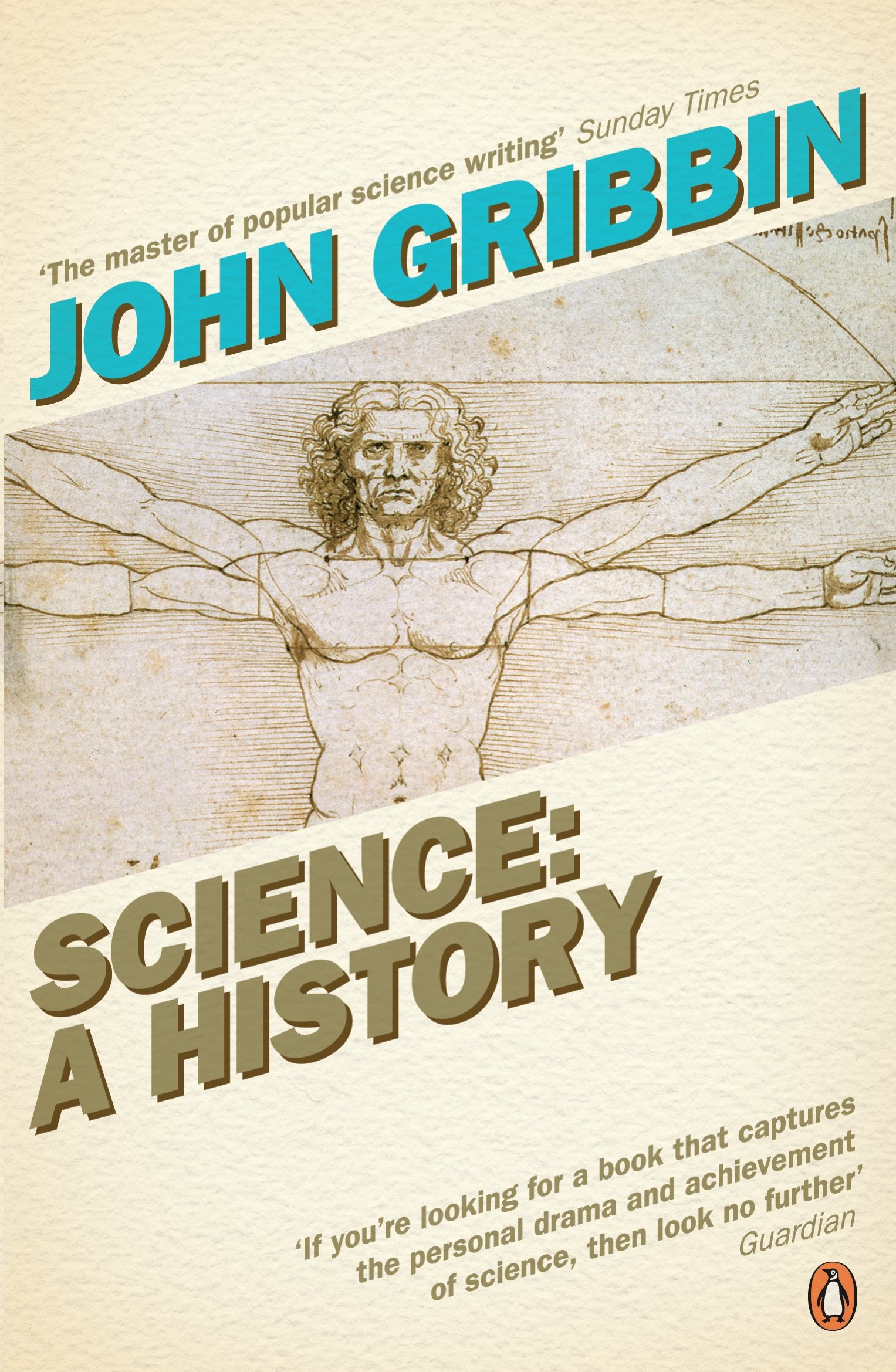

Full description not available
R**O
Nice
Good
R**R
One star for kindle edition
The one star is not for the book itself, but for the Kindle edition. The book is a very good "light read" sort of introduction to the lives of leading scientists from the Renaissance onwards. The Kindle edition however, is riddled with the most embarrassing typos - multiple instances of "if" instead of "of", "their" instead of "there" and so on.
Y**L
Yine çok uygun bir fiyat
Normalde kitabın türkçe çevirisi de elimde var fakat amazon indirimiyle orijinal baskısı çeviri kitaptan daha ucuza geldi.
R**D
Very well written, entertaining history of science.
A joy to read!
F**T
Great overview of 500 years sciences
A nice book on the history of 500 years science. Interesting to read both the stories of the known and the less known stars. Very insightful the illustration that developments happen when "the time is right", often by several people or groups around the same time. A nice read, highly recommended.The only small negative is the amount of typos, probably due to the process of digitalization. The amount of mistakes is irritating, and I strongly suggest that this flaw is corrected.But all in all: A!
D**S
Interesting, informative and easy to read
An entertaining and interesting book, easy to read in a conversational style. With such a huge scope to cover, the author necessarily skates over a few developments, but not to the detriment of the story. Though I'm thoroughly familiar with a lot of the science, the origins of the ideas are seldom taught, and it makes fascinating reading to see how brilliant minds coped with the unknown. DN
J**R
A Superb Account of Western Science since the Renaissance
As an unashamed fan of John Gribbin, I confess to feeling a little apprehensive before starting his six-hundred page opus on the history of science. After all, history is largely subjective and Gribbin is not a historian but a scientist, more familiar with expressing objective truths than personal opinion. However, just a few pages in and it soon became clear that my concern was unwarranted, Science: A History is an outstanding work.Gribbin's approach to describing the scientific odyssey is predominantly biographical, taking readers from the mid-sixteenth century (with the publication of De Revolutionibus in 1543) to (almost) the present day, illuminating the context of each advance, innovation, or discovery with pen portraits of the main protagonists. As he acknowledges, some readers may dislike this approach, finding it "reactionary" or "old fashioned" (p.613), but the truth is that he provides context normally reserved for more specialized historical narratives and, by adopting this approach, he brings the subject alive in a way that few authors achieve. Moreover, what some readers might consider as the minutiae of scientists' lives, Gribbin employs as the perfect vehicle for explaining not only what happened and its importance to the scientific endeavour, but also for providing invaluable insights as to how and why Western science has advanced over the last five hundred years: it is his innate skill for capturing the essence of each contributor that makes Science: A History such an absorbing and enjoyable read.Gribbin's other great strength is the quality and consistency of his writing and each of the scientific disciplines is thoroughly researched and, given the obvious space constraints, comprehensively presented. Nonetheless, he is clearly more comfortable discussing those areas closer to his own expertise (physics and astronomy) and consequently these subjects seem to benefit from a greater fluency than the other specialities. However, even this (minor) quibble is in some ways an additional strength: Gribbin's familiarity with the, often convoluted, history of quantum physics has emboldened him to abandon chronology in favour of narrative when it is appropriate or improves the account's cohesiveness.In summary, this is a superb account of Western science over the last five-hundred years. Gribbin makes no apology for failing to cover the contributions from Ancient Greece, China or the Islamic nations and those readers more interested in pre-Renaissance science will doubtless do better looking elsewhere. However, if you enjoyed Bill Bryson's, A Short History of Nearly Everything you will find much to engage you in this book: thoroughly recommended.
Trustpilot
4 days ago
3 days ago